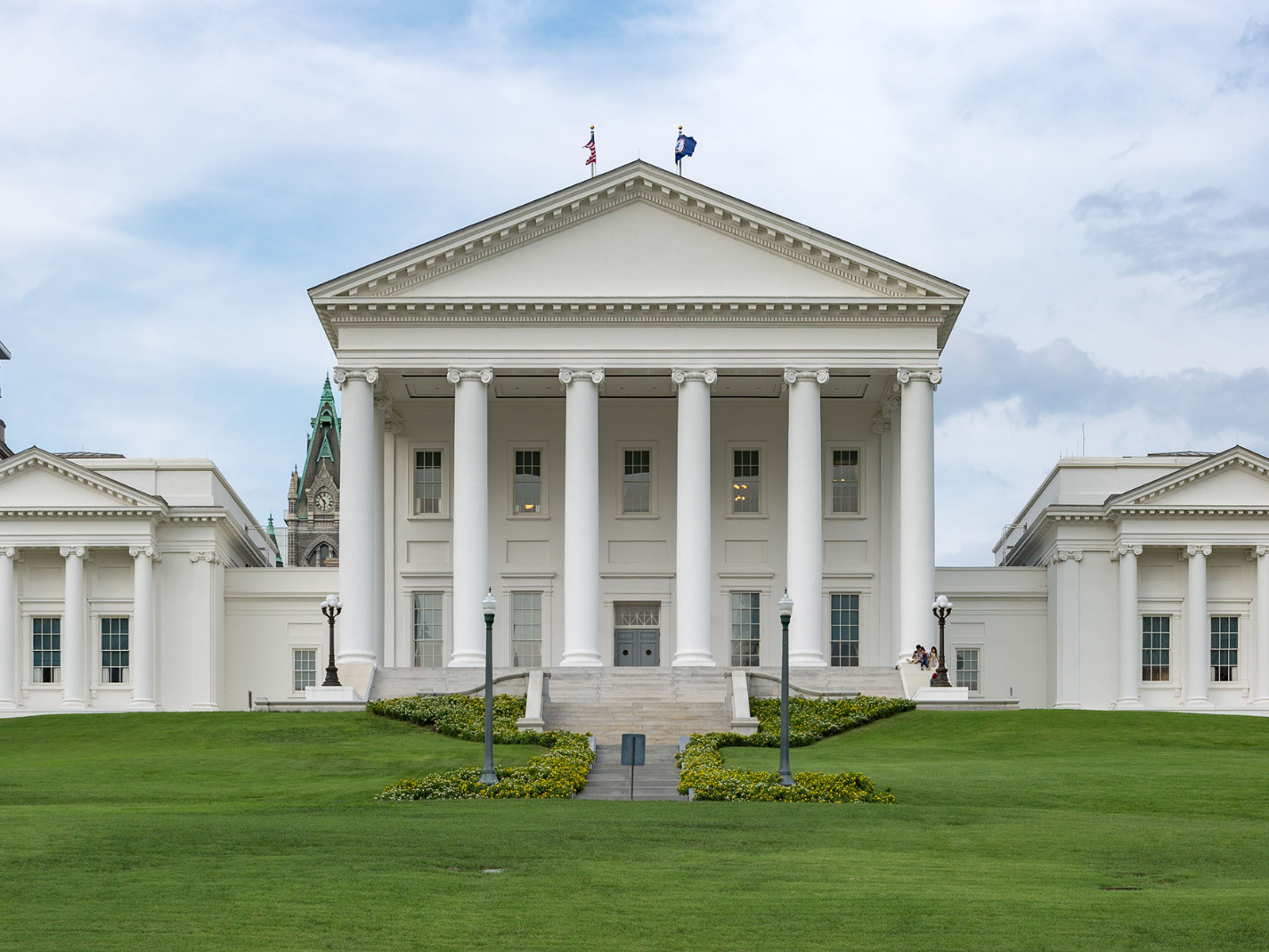Our nationwide campaign for social studies standards reform is still underway, with exciting opportunities and developments in Mississippi, Virginia, and Kentucky. Plus, new resources provide concrete data to refute the argument that Critical Race Theory isn’t being taught in K–12 classrooms.
Social Studies Standards: Reform Campaign
The Civics Alliance continues its nationwide campaign for social studies standards reform.
Mississippi: The National Association of Scholars and the Civics Alliance just published a joint public comment on the proposed Mississippi social studies standards. The Mississippi standards have some solid content, but also could use significant improvement. All public comments must be received in the Division of Secondary Education no later than 5 pm on October 28, 2022. Please submit written comments by email to socialstudies@mdek12.org. If you are interested in social studies reform work in Mississippi, please send an email to David Randall (randall@nas.org).
Virginia: Jillian Balow, Gov. Glenn Youngkin’s superintendent of public instruction, has written to request another delay in approving new history and social science standards for K–12 students in Virginia. We are delighted that Superintendent Balow and Governor Youngkin broadly agree with the Civics Alliance and the National Association of Scholars’ public comment urging Virginia’s Board of Education to make substantial revision to their draft social studies standards. We will continue to provide counsel, respectfully, to the Virginia Department of Education in its work. If you are interested in social studies reform work in Virginia, please send an email to David Randall (randall@nas.org).
Kentucky: The Civics Alliance and the National Association of Scholars submitted a public comment urging Kentucky’s Department of Education to make substantial revision to their draft social studies standards. We have also published an open letter, where Kentucky citizens can write to urge the same. If you are interested in social studies reform work in Kentucky, please send an email to David Randall (randall@nas.org).
New Resources
City Journal: Zach Goldberg and Eric Kaufmann have published a very useful article, “Yes, Critical Race Theory Is Being Taught in Schools.” Goldberg and Kaufmann provide a mine of data to disprove the specious argument that the schools aren’t really teaching Critical Race Theory. Education reformers should have the data and the arguments of this article at their fingertips.
James G. Martin Center for Academic Renewal: Jenna A. Robinson and Rebecca Boyer-Anderson have published an equally useful report, “Measuring Discrimination: Racial Preferences at Flagship Public Institutions.” While the Civics Alliance is not primarily focused upon questions of race discrimination in college admissions, we are aware that Critical Race Theory and cognate ideologies are used to justify such race discrimination and to repress spoken or written opposition to such ideologies. Education reformers should be able to inform American citizens of the ultimate consequences of Critical Race Theory, including the reinforcement of a policy of effective and substantial race discrimination.
Model Education Licensure Code
The National Association of Scholars, California Policy Center, Californians for Equal Rights Foundation, Goldwater Institute, James G. Martin Center for Academic Renewal, John Locke Foundation, Oklahoma Council of Public Affairs, Palm Beach Freedom Institute, and Washington Policy Center are jointly releasing the Model Education Licensure Code.
The Model Education Licensure Code provides three model bills state policymakers can use to reform education schools and the education licensure process—the Education Licensure Nondiscrimination Act, the Education Licensure Review Act, and the Education Licensure Certificate Act.
Model State Laws: Joint Release with the America First Policy Institute
On September 29, the National Association of Scholars and the America First Policy Institute (AFPI) jointly released “10 State Policies To Restore Excellent K–12 Public Education in America.” These policies are ten model laws for the states drawn from the Civics Alliance’s Model K–12 Civics Code.
Monthly American Birthright Zoom Meeting
The Civics Alliance will have its third monthly Zoom session devoted to social studies standards reform on Monday, November 14, at 2 pm Eastern Time. Please email randall@nas.org if you would like to join these monthly Zoom meetings.
Social Studies Standards Revision Schedule
2022/Current: Arkansas, Idaho, Kentucky (partial), Minnesota, Mississippi, Rhode Island, South Dakota, Tennessee, Utah, Virginia
2023: Alaska, California, Connecticut, Indiana, Maine, Ohio, Oregon, Wyoming
2024: Alabama, Arizona, Montana, Oklahoma, West Virginia, Wisconsin
2025: Kentucky, Texas
2026: Colorado, Maryland, North Dakota, South Carolina
2027: Hawaii, Kansas
2029: Louisiana
2031: Illinois
No Revision Currently Scheduled: Delaware, Florida, Georgia, Iowa, Massachusetts, Michigan, Missouri (but could change), New Hampshire, New Mexico, New York, Pennsylvania, Vermont, Washington
Waiting Confirmation: District of Columbia (current process), North Carolina (2021)
Please email David Randall (randall@nas.org) if you are interested in further information about your state’s social studies revision process and what you can do to participate.
Call for New Civics Alliance State Affiliates
The Civics Alliance is building a network of state affiliates—groups dedicated to removing action civics in their state, whom we will list on our website. We now have seven affiliates, in Alabama, Georgia, Missouri, Ohio, Pennsylvania, Rhode Island, and Texas. If you would like to form such an organization, or suggest an existing organization, please get in touch with David Randall (randall@nas.org).
Continuing Priorities: Federal Legislation
At the federal level, the Civics Secures Democracy Act threatens to impose action civics nationwide.
The Civics Bill Tracker
Civics Alliance members may now use the Civics Bill Tracker to track all proposed federal and state legislation related to civics.
Public Action
We encourage Civics Alliance members to inform the public and policymakers about the stakes and consequences of action civics bills.
David Randall is Executive Director of the Civics Alliance and Director of Research at the National Association of Scholars.
Image: Martin Kraft, CC BY-SA 3.0 via Wikimedia Commons



